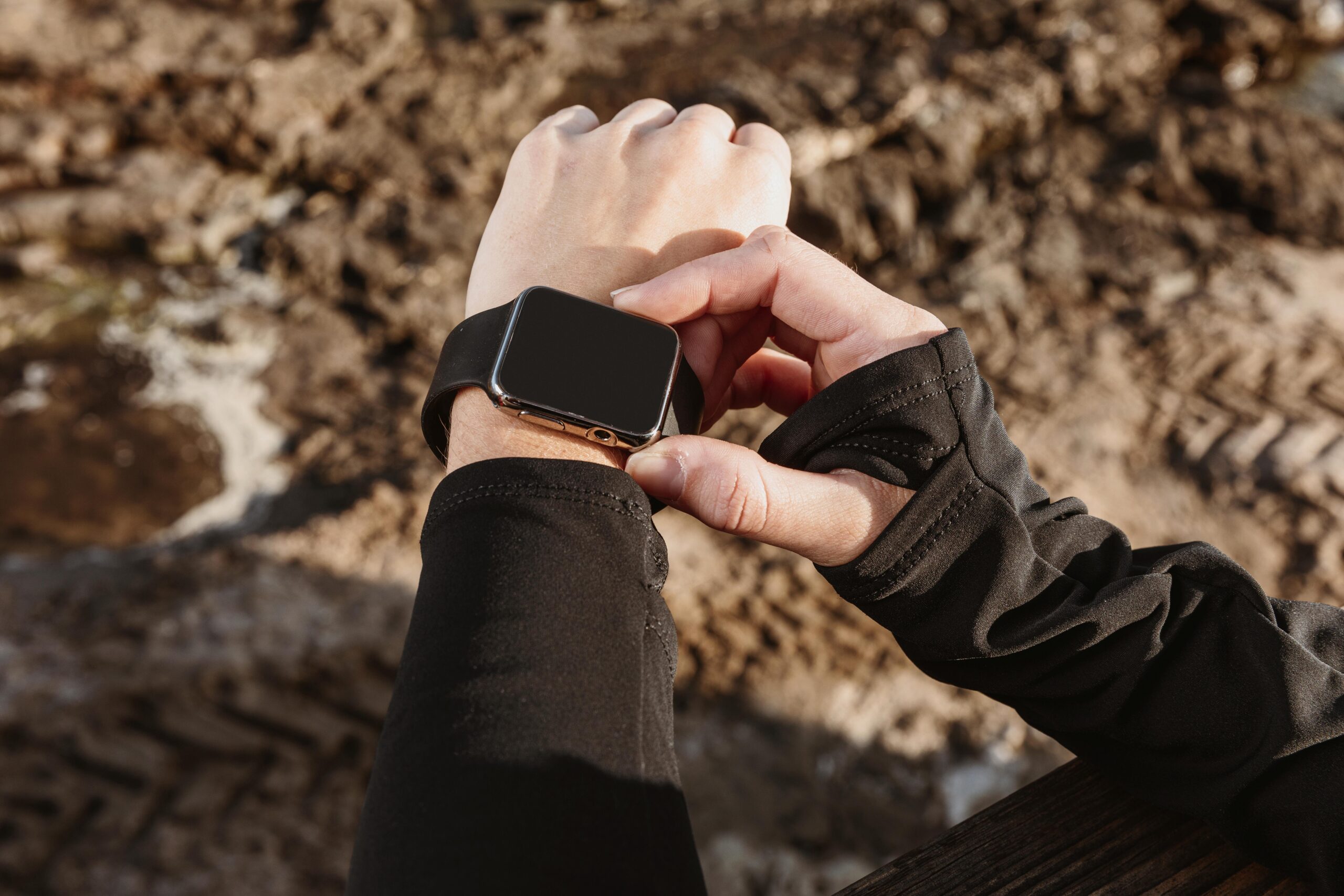You’re a researcher, buzzing with excitement. Your study could change lives. You’ve got your hypothesis, your team, your funding—everything’s ready.
Then, out of nowhere: “You’ll need IRB approval first.”
Cue the record scratch.
Suddenly, you’re stuck wondering: Which statement best describes the role of an IRB? And why does it feel like some secret research gatekeeper?
Don’t worry—you’re not alone. IRBs (Institutional Review Boards) are one of the most misunderstood parts of research. But today, we’re cracking the case wide open.
By the end of this post, you’ll know:
- What an IRB really does (spoiler: it’s not just paperwork).
- Why they’re the unsung heroes of ethical research.
- How to work with them smoothly (without losing your sanity).
Ready? Let’s solve this mystery.
What Exactly Is an IRB? – Defining the Enforcer
Before we answer which statement best describes the role of an IRB, let’s meet our subject.
An IRB (Institutional Review Board) is a committee that reviews, approves, and monitors research involving human subjects. Think of them as the ethics police of the research world—except instead of handing out tickets, they prevent disasters.
Why Do IRBs Exist?
Because history taught us the hard way that research without oversight can go horribly wrong. Cases like:
- The Tuskegee Syphilis Study (where Black men were left untreated for decades).
- The Stanford Prison Experiment (where students suffered psychological trauma).
- Henrietta Lacks’ cells (used without her knowledge or consent).
After scandals like these, the world said, “Never again.” Enter: IRBs.
Where Do You Find IRBs?
- Universities
- Hospitals
- Government agencies
- Anywhere humans are part of research
“So IRBs are like the Sherlock Holmes of science—always investigating, never letting ethics slip.”
The Big Question: Which Statement Best Describes the Role of an IRB?
Time for the big reveal. Which statement best describes the role of an IRB?
Here’s the truth: IRBs exist to protect people—not just approve studies.
IRB’s Case File: Top 4 Responsibilities
1. Ethical Detective
- Ensures participants aren’t tricked, pressured, or harmed.
- Verifies informed consent is actually informed.
2. Risk Judge
- Weighs risks vs. benefits. (Example: Is a little discomfort worth a cancer breakthrough?)
- Blocks studies where risks outweigh rewards.
3. Rulebook Enforcer
- Makes sure research follows laws like the Belmont Report (justice, respect, beneficence).
- Keeps up with changing regulations (so you don’t have to).
4. Silent Watcher
- Doesn’t just approve studies and disappear.
- Monitors ongoing research to catch problems early.
“Without IRBs, research could turn into the Wild West. Exciting? Maybe. Ethical? Absolutely not.”
Real-Life IRB Mysteries – Case Studies
Still not convinced IRBs matter? Let’s revisit two infamous cases where they were missing in action.
Case 1: The Stanford Prison Experiment
- What Happened? Students role-playing guards/prisoners spiraled into psychological abuse in days.
- IRB’s Role? Today, an IRB would’ve stopped it early for unethical harm.
Case 2: Henrietta Lacks’ Immortal Cells
- The Issue: Her cancer cells (HeLa) were taken without consent and used in countless studies.
- IRB’s Fix: Modern rules require clear, voluntary consent—no exceptions.
“Moral of the story? IRBs aren’t red tape—they’re the reason research stays ethical.”
Debunking IRB Myths – Separating Fact from Fiction
IRBs get a bad rap. Let’s clear their name.
IRBs exist to annoy researchers.
Their job is to protect people—including you from legal/ethical disasters.
They only care about paperwork.
Paperwork documents ethics. Skip it, and you risk another Tuskegee.
They delay groundbreaking research.
Good IRBs work with researchers to speed up ethical studies.
“Sure, approvals take time. But would you rather rush and end up on the wrong side of history?”
Final Verdict
So, which statement best describes the role of an IRB?
Here’s the verdict:
Protector of People – Puts participants’ safety first.
Ethics Guardian – Ensures research does good, not harm.
Compliance Referee – Keeps studies legal and ethical.
“Next time you grumble about IRB paperwork, remember: they’re the reason research stays heroic, not horrific.”
FAQs
1. Which of the following statements best describes the role of an IRB?
The best answer: IRBs protect human subjects by reviewing research for ethics and safety.
2. What best describes the purpose of the IRB in psychology?
To prevent psychological, emotional, or physical harm to participants (like in the Stanford Prison Experiment).
3. What is the role of an IRB?
To review, approve, and monitor research, ensuring it’s ethical and legal.
4. What is the role of an institutional review board (IRB) or ethics committee in research?
They’re independent watchdogs ensuring studies follow ethical guidelines (like informed consent) and laws.



